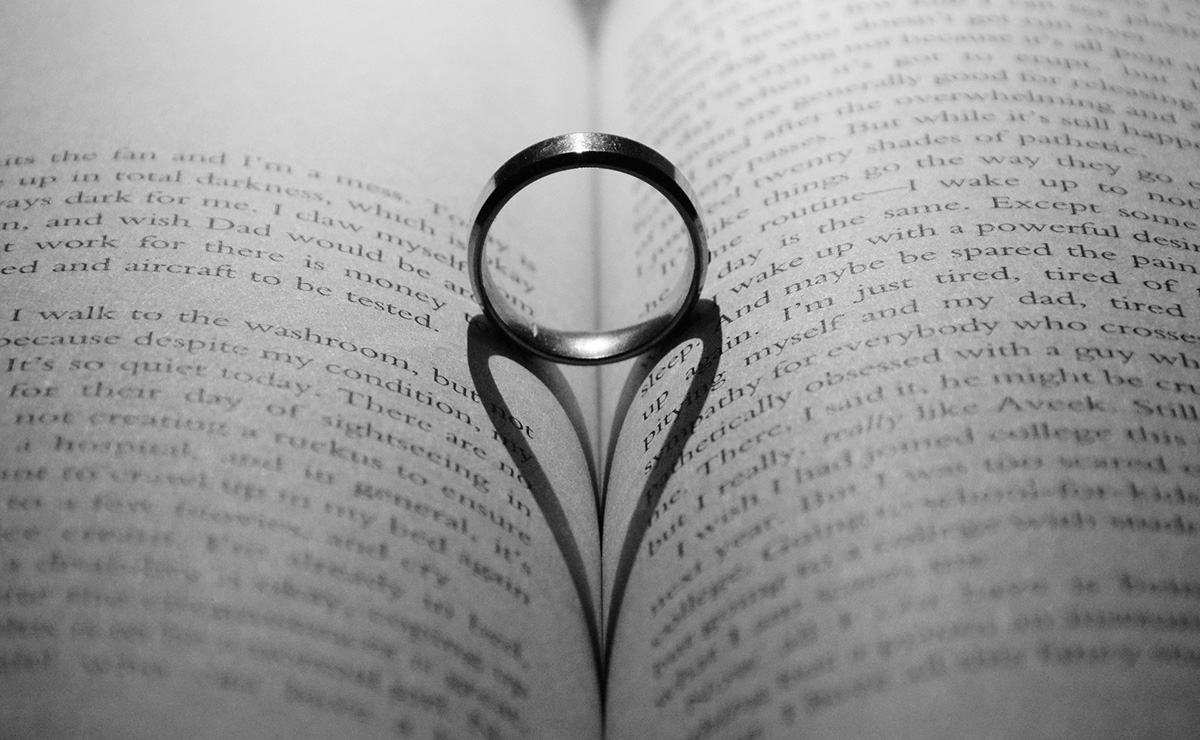Historical records
The Church of Scotland does not have an archives department; however, below you can find information on researching and tracing these historical records.
- Birth, marriage and death certificates
- Baptism certificates
- Burial records
- Historical ministers' details
- Records of kirk sessions, presbyteries and the General Assembly
Birth, marriage and death certificates

ScotlandsPeople provides access to birth, marriage, and death records. Other records available include: census records from 1841, wills and testaments (including soldiers' wills) from 1513 to 1925, Coats of Arms, valuation rolls, and kirk session and court records prior to 1900. Digital records are available in the ScotlandsPeople Centre at HM General Register House, Edinburgh.
The ScotlandsPeople website also hosts full-colour images of the registered testaments of Scots up to 1925. Among the testaments free to view in the 'Famous Scots' section of the website are those of John Knox, David Livingstone and Thomas Guthrie.
ScotlandsPeople is a partnership between the National Records of Scotland and the Lyon Office.
Baptism certificates
If you are looking for a copy of a baptism certificate, the first place to try is the parish where the baptism took place. The more recent baptismal records are usually held by the minister.
For records of baptisms earlier than those held by the minister in each parish, the records are divided into:
- baptismal records before 1855, which are held through Scotlands People and
- baptismal registers among kirk session records, which are held by the National Records of Scotland, HM General Register House, Edinburgh
You can purchase a hardback copy of the Baptism register from Amazon.
Burial records
Historically, the Church of Scotland, in the form of kirk sessions and heritors in each parish, was responsible for the maintenance of burial grounds within churchyards and kept records of burials. In 1925 responsibility for the maintenance of Church graveyards was transferred to local authorities (or councils) in Scotland and from then burial records were no longer the responsibility of the Church.
The location of burial records is not as clear cut as that for baptismal and marriage records, but in most cases any surviving burial registers up to 1854 can be accessed via ScotlandsPeople. Any burial records among the kirk session records will be accessible through the National Records of Scotland.
Over the last 20 years the inscriptions on gravestones and monuments in many Scottish burial grounds, or at least those which are legible, have been surveyed and indexed by local history, family history and antiquarian societies, and the results published. Usually these can be consulted at local libraries and archive services of the relevant local authorities in Scotland.
Historical ministers' details
A comprehensive account of the register of ministers of the Church of Scotland since the Reformation of the 16th century is provided in the volume of books entitled Fasti Ecclesiae Scoticanae. Historically published by Saint Andrew Press, this series provides an invaluable guide to genealogists as it records in detail the family, career and writings of the lives of ministers, chaplains, secretaries, clerks and university staff associated with the Church of Scotland. The first volume was originally completed in 1866 by editor Hew Scott. This book was later published in a new edition over seven volumes between 1915 and 1928, edited by the Rev W. S. Crockett, and later editions have followed. The most recent edition, the 12th volume, was published in late 2021 and covers the years 1999 to 2020.
These publications should be available through your local library or archive service or you may purchase a copy of the most recent edition for £30 plus postage and handling by sending your full postal address to fasti@churchofscotland.org.uk. Your order will be sent out together with instructions about payment.
Records of kirk sessions, presbyteries and the General Assembly
The NRS is the Church's official repository for kirk sessions and presbytery records which are earlier than those in current use. NRS hold the historical records of the General Assembly of the Church of Scotland and the records of synods, which were abolished in 1993. Most church records that are more than 30 years old can be consulted by the general public in the Historical Search Room in General Register House, in Edinburgh. Information on using the NRS archives can be found on their website. In some cases, NRS re-transmits the records to local authority archives under special conditions laid down by the Keeper of the Records of Scotland.
Images of pages from the Church's kirk sessions and court records from 1559 to 1900 are available on the ScotlandsPeople website. These records contain details of key events in communities across the country, offering remarkable insights into the everday lives of ordinary Scots, as well as accounts of exceptional historical events, such as wars, witchcraft trials, and epidemics.
The records of kirk sessions, presbyteries, synods and the General Assembly together make up a major part of Scotland's written history, and they are used by a wide range of academic, professional and amateur researchers, especially genealogists and ecclesiastical historians.
For more information about the historical records of kirk sessions, presbyteries, synods and the General Assembly, visit the Scottish Documents website, the ScotlandsPeople website or the Church Records section on the NRS website.
Queries
If you have any other queries about how to obtain archived documents or certificates, please use the comprehensive help facility on the Scotlands People website.